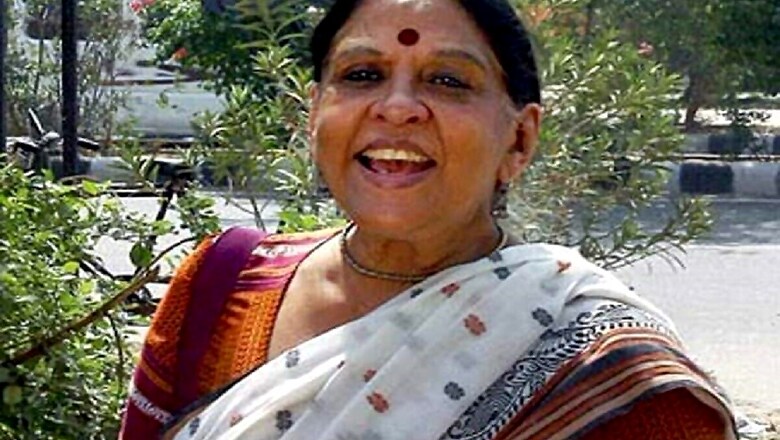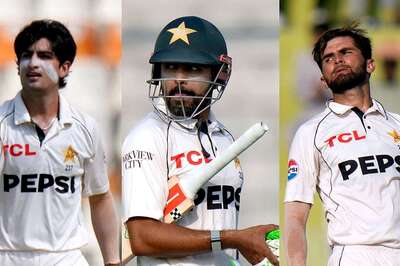
views
The CBI Wednesday sought maximum punishment of 7-year jail term for former Samata Party President Jaya Jaitley and two others, held guilty of corruption in a 2000-01 case related to a purported defence deal.
Special CBI judge Virender Bhat, who had held Jaitley, her former party colleague Gopal Pacherwal and Major General (retired) SP Murgai guilty of corruption and criminal conspiracy in the purported purchase of hand-held thermal imagers, reserved the order for Thursday.
The case stemmed out of a sting operation 'Operation Westend' aired by news portal Tehelka in January 2001. During the proceedings held in-camera, the CBI said the convicts should be dealt with firmly as the crime was of very serious nature and be given the maximum jail term of seven year jail term.
The counsel appearing for the convict persons, however, sought leniency on the ground that they were aged, the court sources said. The court had held that all the three accused persons, along with Surender Kumar Surekha (who later turned approver), were a party to a criminal conspiracy that took place around December 2000 and January 2001 at Delhi.
The court observed that while Jaitley accepted illegal gratification of Rs 2 lakh from Mathew Samuel, a representative of fictional company Westend International, Murgai received Rs 20,000. The illegal gratification was accepted for obtaining supply orders for hand held thermal imagers from the army.
All the three accused — Jaitley, Pacherwal and Murgai — were convicted of the offence of conspiracy (Section 120-B IPC read with Section 9 (Taking gratification, for exercise of personal influence with public servant) of Prevention of Corruption (PC) Act.
The court held that it is "proved beyond doubt that in the meeting in the hotel room on December 25, 2000 Surekha and Murgai assured their assistance to Samuel in procuring letter of evaluation for the product of his company from the Ministry of Defence and also to arrange a meeting between him and accused Jaya Jaitley who would provide political cover to them in this regard". The court said it was agreed that Samuel would pay Rs 1 lakh each to Surekha and Murgai and Rs 2 lakh to accused Jaitley in this regard.
"Thus there had been an agreement between them to obtain the evaluation letter for the concerned product by illegal means i.e. by resort to corruption and personal influence upon the concerned officials," it said, adding that "accordingly, Pacherwal arranged the said meeting for December 28, 2000. He too was present in the said meeting in the room of Jaitly along with Surekha, Samuel and Murgai."
The court said, "In that meeting, which took place in the official residence of the then Union Minister for Defence, George Fernandes, Samuel was introduced to Jaitly as a businessman whose company intends to enter the market of defence procurement.
"Samuel offered the sum of Rs 2 lakh to Jaitly who instructed him to handover the money to Pacherwal and accordingly, the money was received by accused Pacherwal knowing that it was bribe money. In lieu thereof, Jaitley assured Samuel that in case the product of his company is not considered, she would intervene by making a request to 'Sahib' (purportedly the Defence Minister Mr. George Fernandes) to send a word to the concerned officer in this regard," the judge observed.
The court said both the accused, Pacherwal and Jaitley, are also guilty of the offence of conspiracy, the court said. "Jaitly received a sum of Rs 2 lakhs through Pacherwal from Samuel as a motive/reward for agreeing to accomplish the task given to her i.e. to exert personal influence upon the concerned Ministers/ Officers in pushing the product of the company of Samuel into the Indian Army," it said.
Similarly, Murgai received Rs 20,000 from Samuel on January 4, 2000 in lieu of the assistance rendered by him in arranging a meeting with Jaitley and securing letter of evaluation for the product of the company of by exercise of personal influence upon the concerned officers, the court noted. Therefore, both of them have committed offence envisaged under Section 9 of the PC Act," it said.



















Comments
0 comment